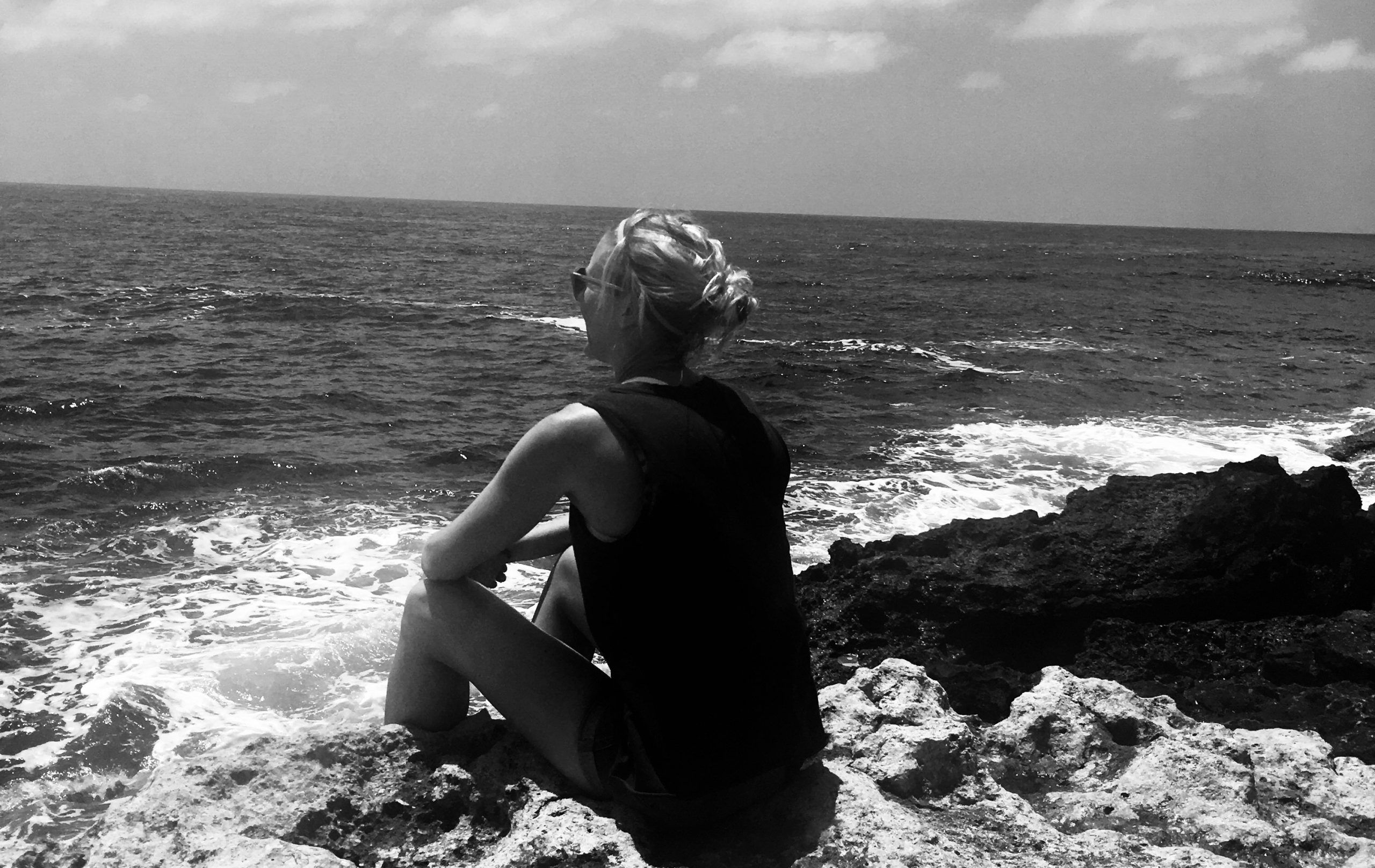“Just take a breath”
Intuitively we prescribe these 4 words to help calm a person down. An over-excited child trying to tell us something? “Just take a breath”. A frustrated colleague at work? “Just take a breath.” A hysterical loved one? “Just take a breath”.
So how exactly does “just taking a breath” bring about a sense of calm? And in the busyness of 21st century living are we in danger of under-utilising the one naturally occurring relaxation resource that is literally right under our noses?
Back to the breath
As both a passionate teacher and curious student of the mind, I continuously bring people’s awareness back to the breath. It is the first thing we come into the world with and the last thing we will leave with – and yet, if it is causing us no immediate challenges, it is very easy to forget that it is even there. The powerfully relaxing impact of a few moments of controlled focus on the breath is clear for me to see in the classes that I lead. They will typically end with a palpable sense of calm and stillness in the room – markedly different to the often high-octane energy people bring with them to the start of a session.
You’d think then, I’d have mastered the art of this breathing thing by now. But between you and me, today has been a challenging day – made even more so by the looming deadline of this blogpost. That little voice inside my head has been promising me things will be better tomorrow and to just bury my head in some TV-shaped sand. But then I decided to carry out a bit of an experiment – what would happen if I took a dose of my own much-loved medicine and “just took a breath”?
And here’s what happened. I discovered that by taking a few deep, controlled breaths I’m calming my nervous system, reducing stress, increasing alertness and boosting my immune system. According to Dr. Richard Brown, an associate clinical professor of psychiatry at Columbia University and co-author of “The Healing Power of the Breath” – “If you breathe correctly, your mind will calm down.”
A simple bit of pocket science explains why this is:
Our autonomic nervous system is responsible for all the involuntary functions of the human body – things like our heart beat, digestive process and breathing. This autonomic system is made up of two main parts – the sympathetic nervous system (SNS) and the parasympathetic nervous system (PNS). When we are in a comfortable, relaxed state the PNS is doing its thing – it keeps the heart rate down, blood pressure low, we get an appetite for food (and sex!) and our breathing is slow and even. However, when a “threat” occurs – e.g. a looming deadline coupled with writers’ block – our SNS kicks in. Adrenalin and cortisol are released, our heart rates increase, our blood thickens, our muscles tense up and our breathing becomes quicker and shallower. This “fight or flight” state was, of course, a perfectly suitable state for our ancestors to go into when a “threat” would likely be a wild animal looking to eat them. But our 21st Century threats of looming deadlines and writer’s block really don’t require this physical reaction. Trouble is, whilst the world around us is evolving rapidly – our bodies are taking a bit of time to catch up.
But with the knowledge and understanding that as little as 60 seconds of controlled breathing is enough to move the body’s state from the SNS “fight or flight” state to the PNS state of “rest and digest” – we have a magic elixir at our disposal every second of every day.
You only need to do a quick internet search to be flooded with tips on how to carry out controlled breathing. The simplest tip I can give you is to time how many breaths you take in 60 seconds, remember your number and whenever you need a shortcut to calm simply focus entirely on your breathing for your personal amount of breaths. Depending on the circumstances times this by 3, 5 or 10 for an extra strong shot of calm.
Make this a regular practice
My final tip is to make this a regular practice. Try not to wait for the moments of panic to engulf to prompt you to do your controlled breathing – instead practice the art of it daily to help prevent and manage those moments of panic entirely. On the bus, in the bath, on the loo, at your desk – there is always an opportunity to stop and focus on your breath – your anchor and way back to calm.
I want to end with an exercise to kick off your practice today, so, when you’re ready: Breathe in when you read this, breathe out when you read this, breathe in when you read this, breathe out when you read this, breathe in when you read this, breathe out when you read this, breathe in when you read this, breathe out when you read this, breathe in when you read this, breathe out when you read this, breathe in when you read this, breathe out when you read this.
(Phew, that got me to my word count!).
Read our other breath–themed blog and interview with Tony Ulatowski, founder of Conscious Breathworks here.
